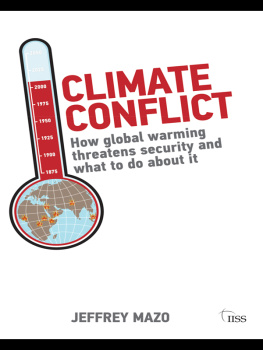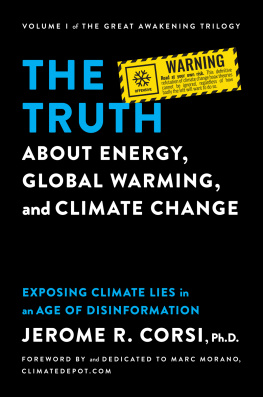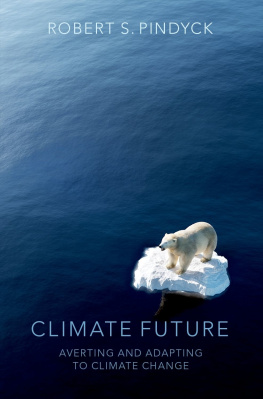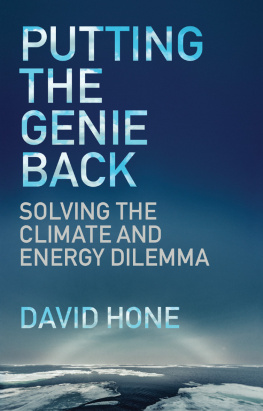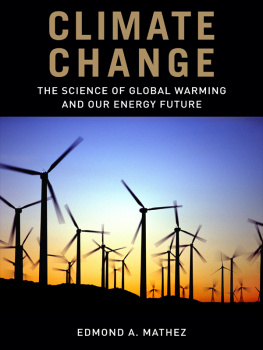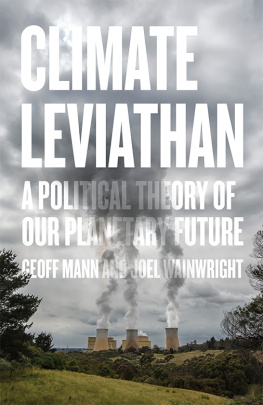Contents
Guide
Pagebreaks of the print version
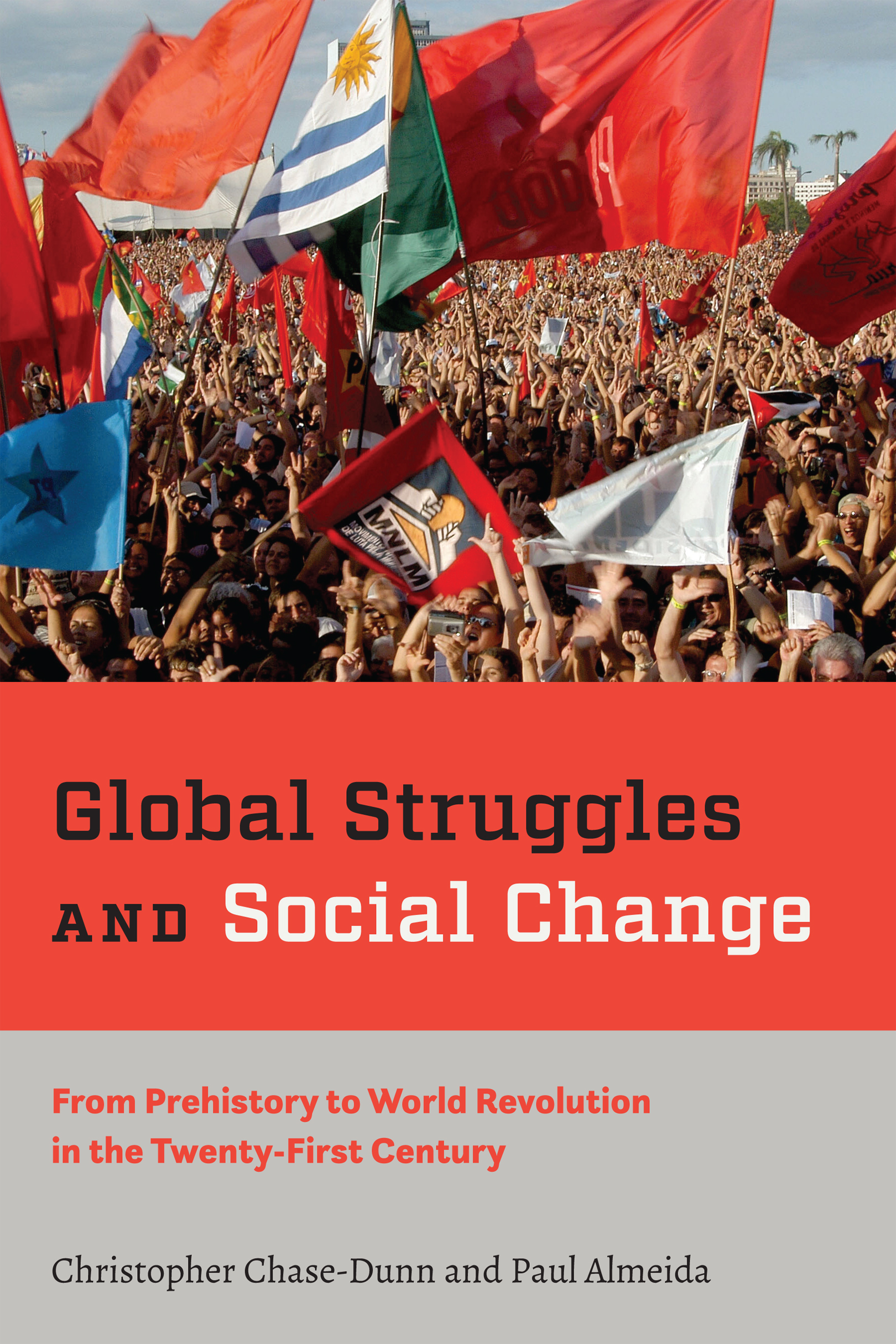
Global Struggles and Social Change
Global Struggles and Social Change
From Prehistory to World Revolution in the Twenty-First Century
CHRISTOPHER CHASE-DUNN AND PAUL ALMEIDA

Johns Hopkins University Press
Baltimore
2020 Johns Hopkins University Press
All rights reserved. Published 2020
Printed in the United States of America on acid-free paper
987654321
Johns Hopkins University Press
2715 North Charles Street
Baltimore, Maryland 21218-4363
www.press.jhu.edu
Library of Congress Cataloging-in-Publication Data
Names: Chase-Dunn, Christopher K., author. | Almeida, Paul, 1968 author.
Title: Global struggles and social change : from prehistory to world revolution in the twenty-first century / Christopher Chase-Dunn and Paul Almeida.
Description: Baltimore : Johns Hopkins University Press, 2020. | Includes bibliographical references and index.
Identifiers: LCCN 2019047550 | ISBN 9781421438627 (paperback) | ISBN 9781421438634 (ebook)
Subjects: LCSH: Social changeHistory. | Social movementsHistory. | Right and left (Political science)
Classification: LCC HM831 .C495 2020 | DDC 303.4dc23
LC record available at https://lccn.loc.gov/2019047550
A catalog record for this book is available from the British Library.
Special discounts are available for bulk purchases of this book. For more information, please contact Special Sales at specialsales@press.jhu.edu.
Johns Hopkins University Press uses environmentally friendly book materials, including recycled text paper that is composed of at least 30 percent post-consumer waste, whenever possible.
Contents
Tables and Figures
Tables
Negative Binomial Count Regression Model Predicting the Intensity of Municipal Level Protest against 2018 Neoliberal Fiscal Reforms in Costa Rica
Countries Participating in Global Days of Climate Justice Action, 20052019
Poisson Count Regression Model Predicting Protest Participation by Country in Global Climate Justice Campaigns, 20052018
Figures
Rebellions in China, 1000 CE to 1911 CE
Worldwide Massive Outbreaks of Popular Unrest against Neoliberalism, 19702018
Massive Protest Campaigns against Neoliberalism by World Region, 19702019
Number of Years under IMFWorld Bank Structural Adjustment
Resistance to Neoliberalism
Economic Reform Protests in Costa Rica, 2018
Global Protests against IMFWorld Bank Meeting in Prague, Czech Republic, 2000
Countries with an Anti-War Demonstration on February 15, 2003
Nations with Citizen Participation in Global Campaigns for Climate Justice, 20052018
Local Action in San Pedro, Costa Rica, on November 29, 2015, during Global Climate March
Movement Links: Number of Affiliations Based on Reported Active Involvement in Twenty-Seven Movement Themes from the Social Forums Surveys in Porto Alegre, Nairobi, Atlanta, and Detroit
Preface
T his book was a collaborative endeavor with the two authors contributing equally. Almeida authored much of the introduction and .
We have a number of people to thank. The staff and editors at Johns Hopkins University Press were patient and delightful while negotiating the arrival of various manuscript drafts over the past four years. They include Brendan Coyne and our original editor, Elizabeth Demers, as well as Lauren Straley. Laura Davulis, Esther Rodriguez, and Kyle Kretzer shepherded the manuscript into final peer review and production. We also benefited enormously from four anonymous external readers who volunteered copious pages of critical commentary that we believe made the final product much more solid. The generosity of the reviewers time and insights is truly remarkable in an academic world that rarely rewards or acknowledges this hidden but indispensable labor.
Several research assistants contributed with data collection and technical support. They include Maria Mora, Amalia Prez Martn, Samuel lvarez, Valezka Murillo, and Jaqueline Novoa. We also appreciate the support of our colleagues and graduate and undergraduate students in the sociology departments at the University of California, Merced, and the University of California, Riverside. At the University of California, Merced, Almeida benefited from the warm environment of faculty in his department, including Sharla Alegria, Camila Alvarez, Irenee Beattie, Kyle Dodson, Charlie Eaton, Edward Flores, Tanya Golash-Boza, Laura Hamilton, Yang Lor, Whitney Pirtle, Zulema Valdez, Nella Van Dyke, Simon Weffer, Elizabeth Whitt, and Marjorie Zatz. He also appreciates encouragement from his graduate students Maria Mora, Rodolfo Rodriguez, Amalia Prez Martn, Alejandro Zermeo, and Luis Rubn Gonzlez.
We would like to thank Peter Grimes, E. N. Anderson, Ellen Reese, Marilyn Grell-Brisk, Hiroko Inoue, Rebecca Alvarez, Sando Nagy, and Vladimir Borel for their help in thinking about world revolutions and the ways in which social movements have shaped human sociocultural evolution. We also wish to acknowledge the valuable exchanges we have had with fellow globalization scholars William Robinson, Jackie Smith, Patrick Bond, Valentine Moghadam, Samuel Cohn, Andrew Jorgenson, Sahan Savas Karatasli, Beverly Silver, and Leslie Gates. And this book would not have been possible without the emotional and loving support of our families.
Introduction
I n the early decades of the twenty-first century, an international movement to slow the pace of climate change has mushroomed across the globe, reaching small island states in the South Pacific and the most impoverished countries in the interior of sub-Saharan Africa. The self-proclaimed Climate Justice movement urges immediate action in reducing carbon emissions and new bold policies to address global warming before irreversible and catastrophic damage threatens the habitability of the planet. By October 2014, during global climate talks at the United Nations, climate justice activists successfully organized 400,000 people in an enormous street demonstration in New York City while also coordinating thousands of collective events around the world. The October 2014 climate campaign was perhaps the most extensive international mobilization in history, and these efforts repeated themselves in November 2015 with the global mobilizations leading to the Paris Climate Accords as well as in September of 2019 with Fridays for Future planetary-wide protest demonstrations. This global movement infrastructure may be humanitys best hope to sustain progressive transnational collective action into the 2020s and push us on an alternative path for ecological survival (Almeida 2019a).
On another front, since the 1980s, multiple waves of resistance have occurred around the globe against the uneven transition from state-led development to neoliberalismthe process of moving from government-directed to unregulated market-driven economies. These waves of opposition have been characterized by mass mobilization against subsidy cuts, price increases, privatization, and trade liberalization. The collective actions are largely driven by the loss of social citizenship rights of access to the welfare state that expanded at an unprecedented rate in the mid-twentieth century but continues to contract in the twenty-first century (Somers 2008). After ethnic and religious-based strife, societal opposition to neoliberal reforms has generated the largest demonstrations and rallies and sustained novel transnational movements such as the World Social Forum (WSF). The social movement struggles against neoliberalism have also eventuated in the rise of post-neoliberal political parties and governments in Latin America and Europe attempting to offer alternatives to free market forms of globalism. Increasingly, free trade globalization is also sparking rightist and xenophobic mobilization throughout Europe, North America, and beyond (Standing 2011; Robinson 2014; Muis and Imerzeel 2017; McVeigh and Estep 2019).


